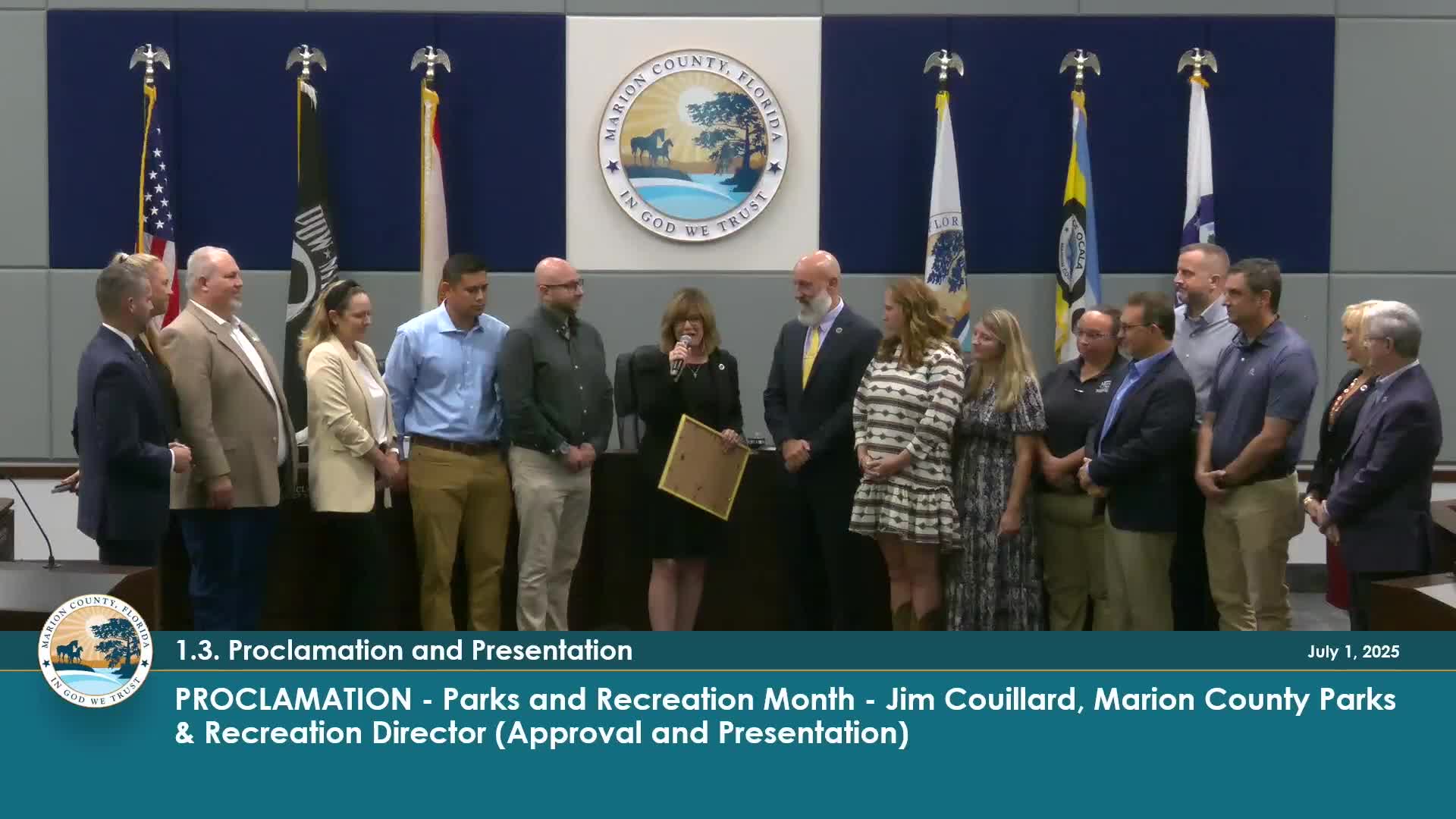Article not found
This article is no longer available. But don't worry—we've gathered other articles that discuss the same topic.
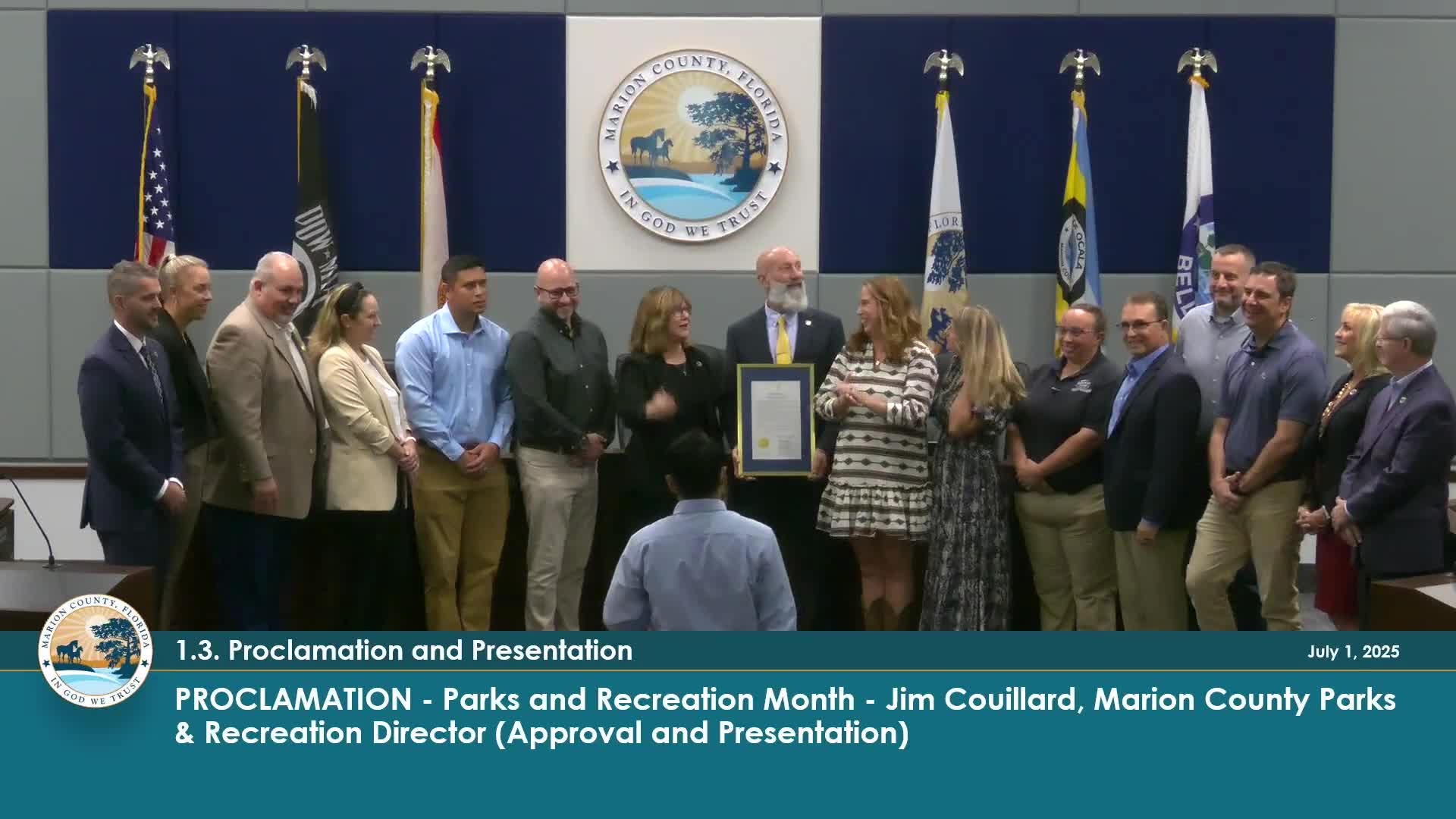
Votes at a glance: Board approves hospital assessment, new drive‑through impact fee and administrative plat delegation; several consent items and lien releases;
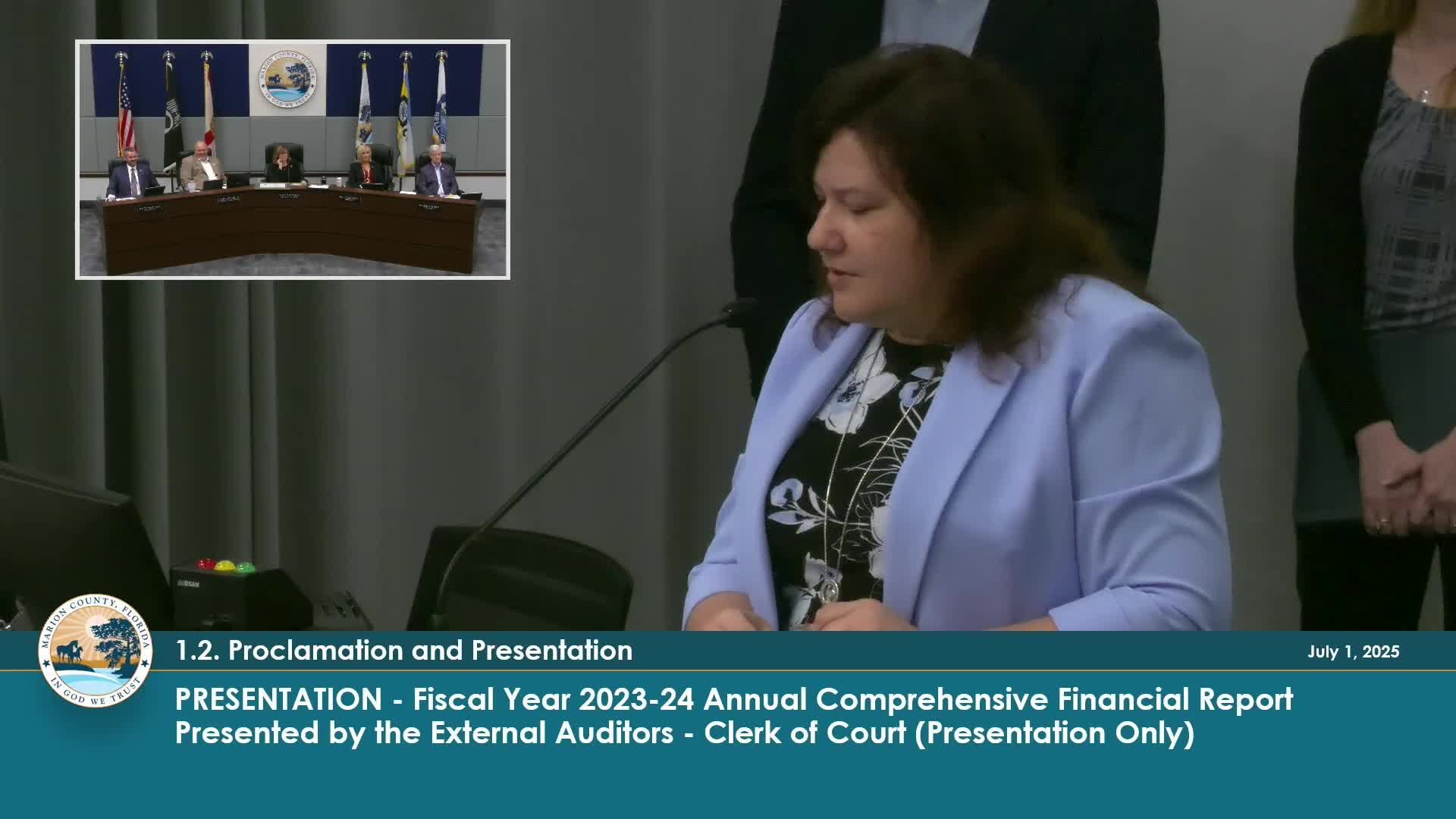
Marion County proclaims July as Parks and Recreation Month, outlines events and new park projects
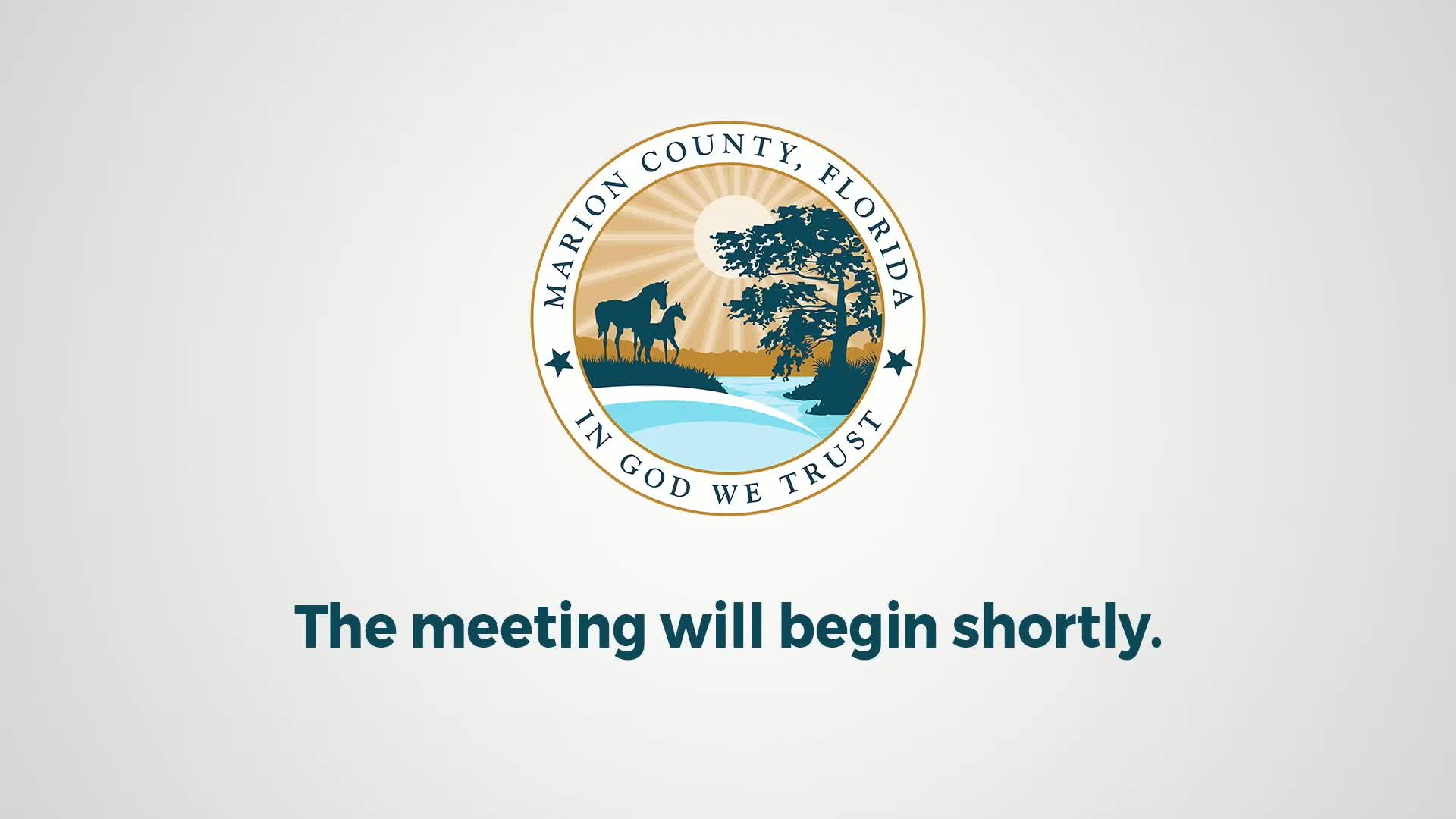
Marion County leaders launch school‑supply drive for students in transition
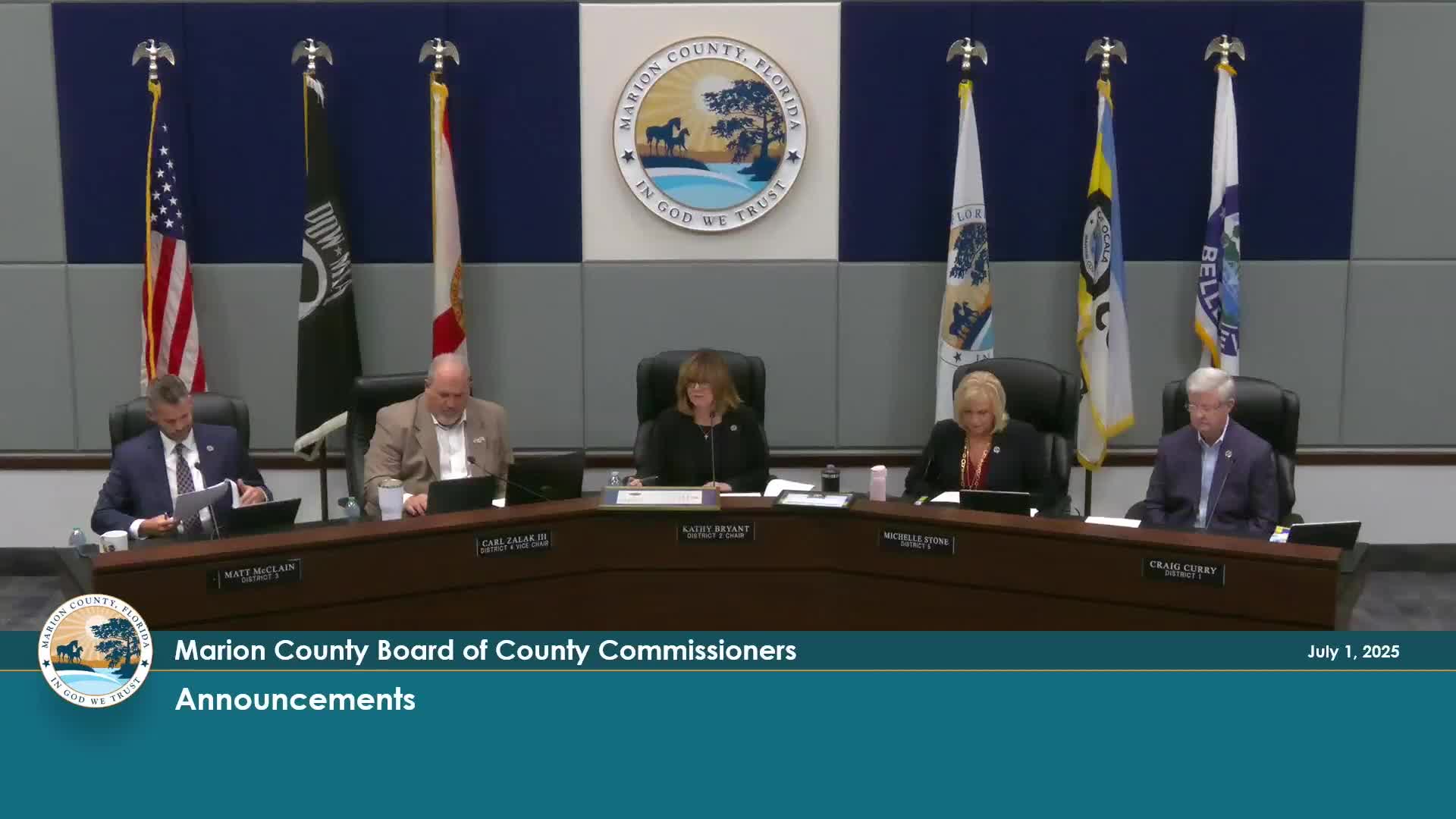
County receives clean audit for 2023–24; auditors flag GASB 101 as upcoming reporting change
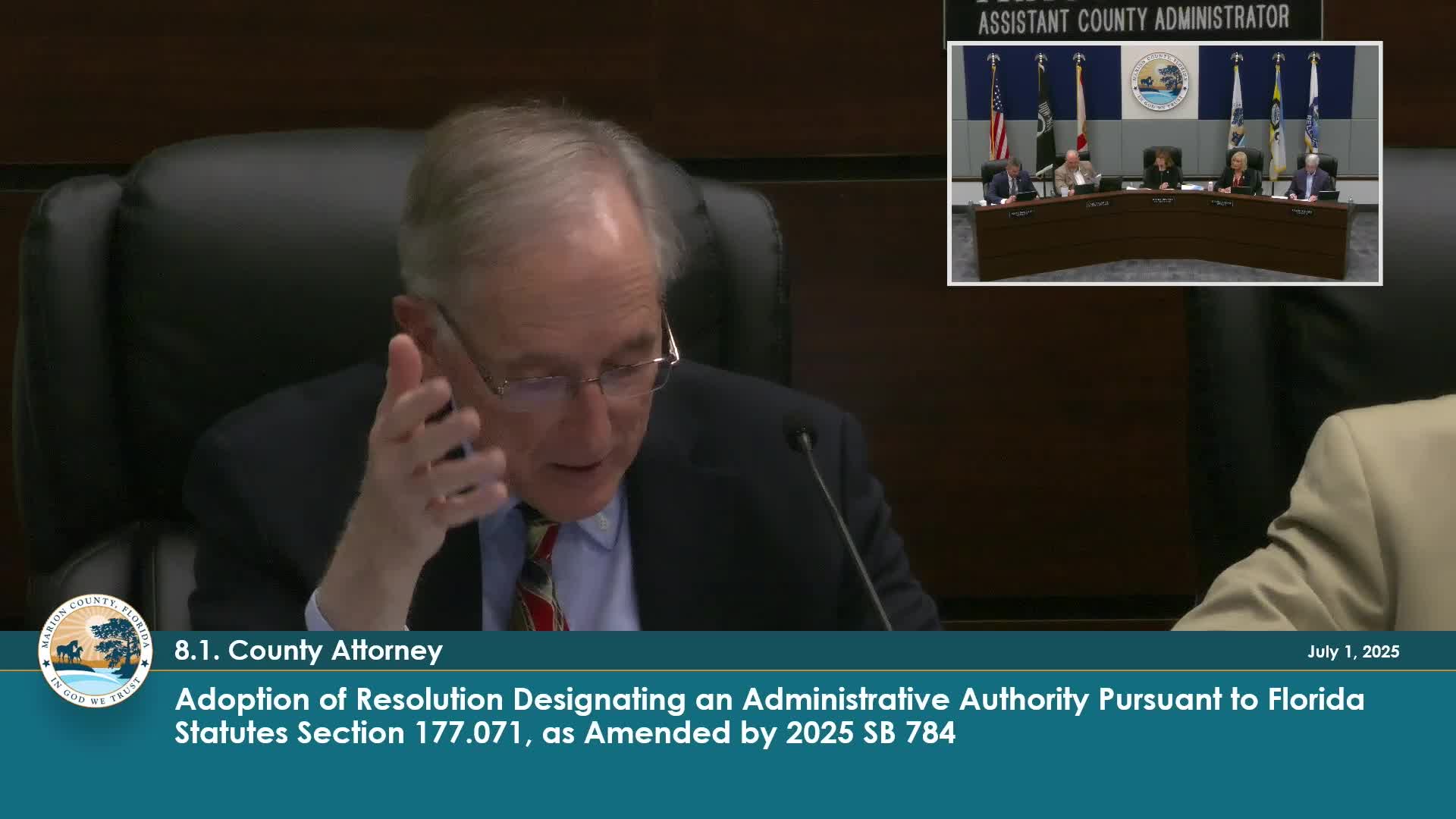
County unveils flood vulnerability assessment funded by Resilient Florida grant; staff urged to prioritize projects for grants
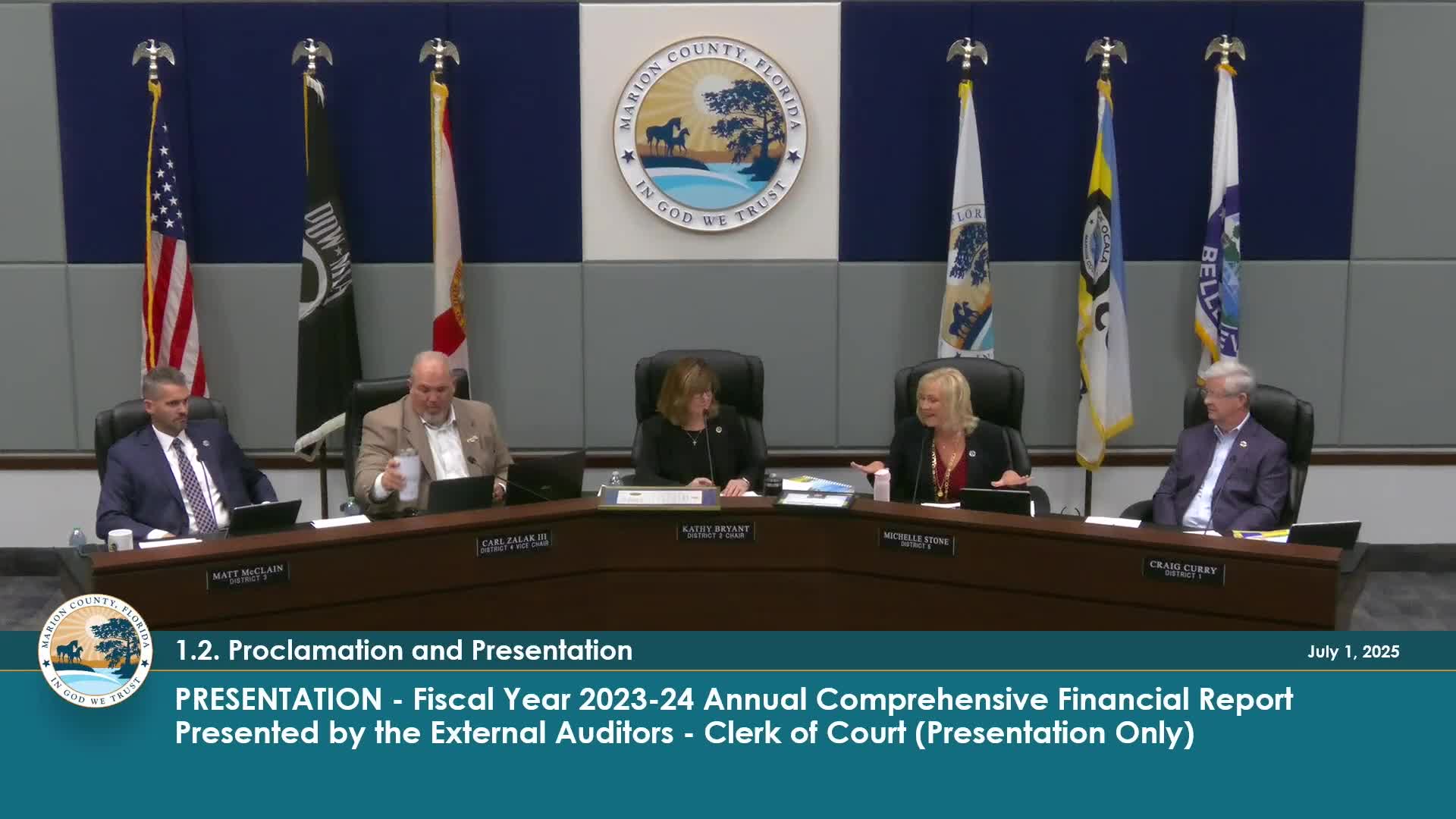
Board designates administrative authority for final plats under new state law; commissioners voice home‑rule concerns
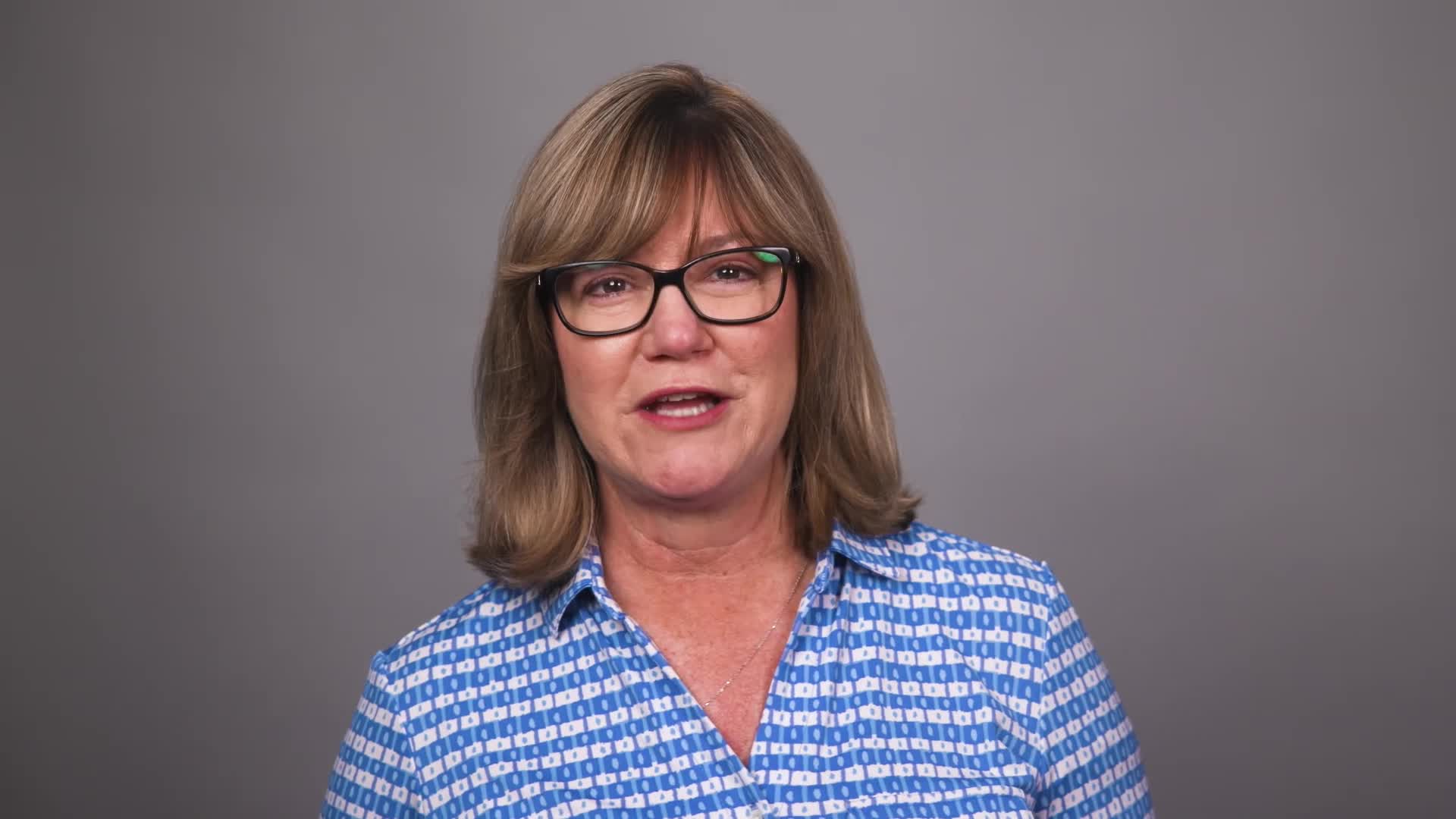
Commission adds a new transportation impact fee category for drive‑through fast‑food restaurants
